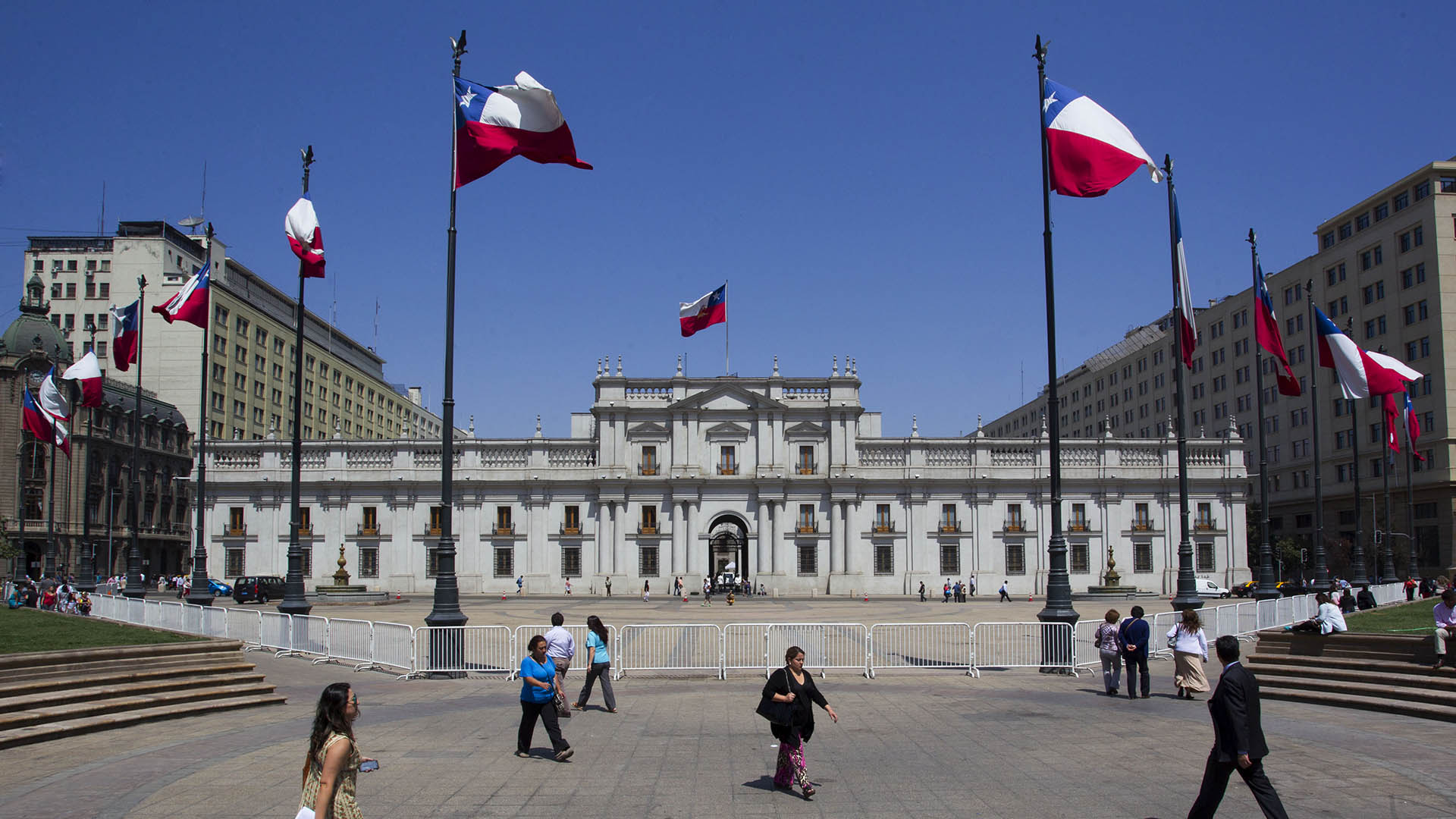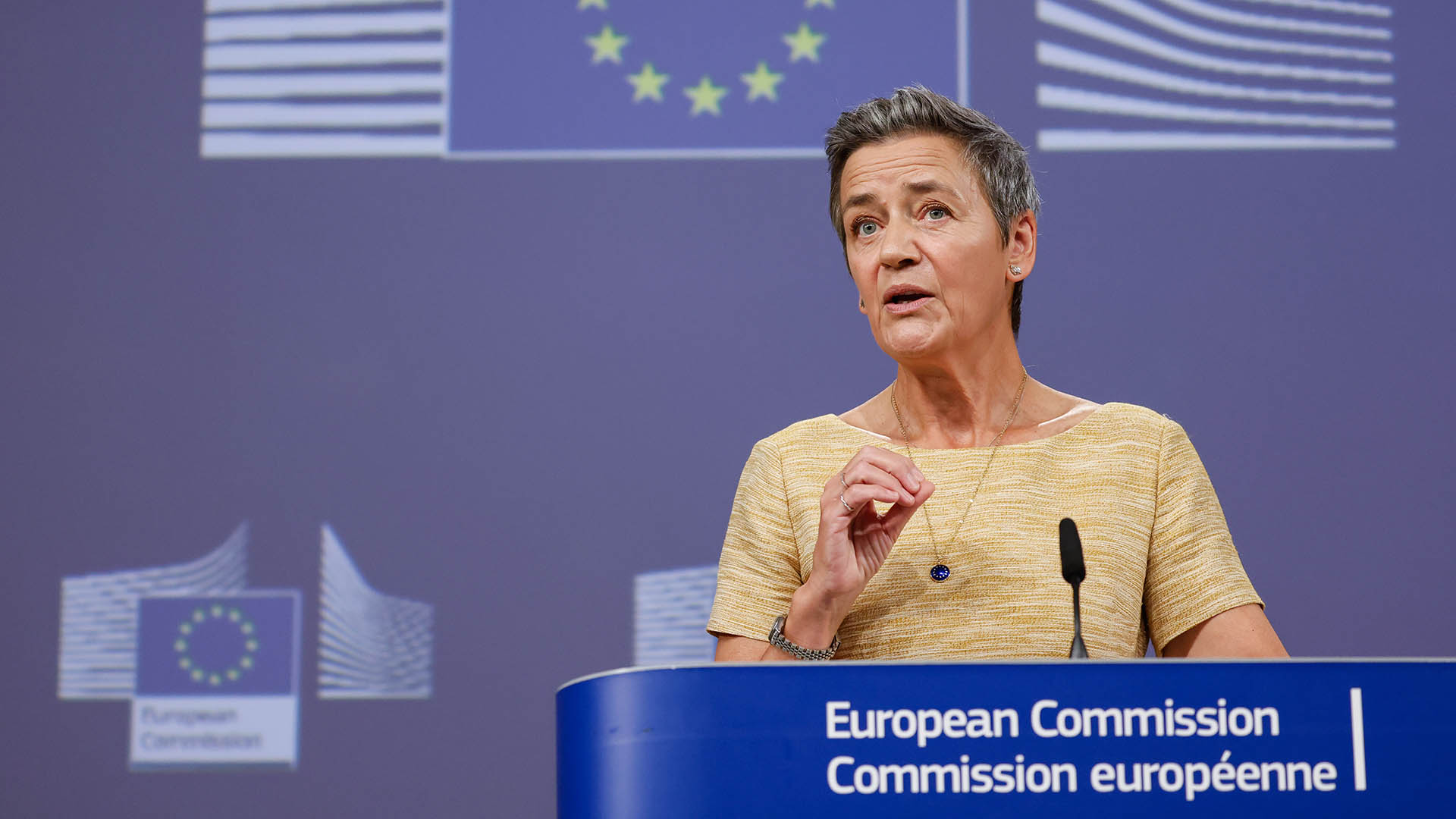Month: January 2025
Learn more about your ad choices. Visit podcastchoices.com/adchoices
Top U.K. political donors and a Scottish football star were among more than 500 secret shareholders of an offshore firm behind an elite golf club in Scotland identified by investigative journalism outlet The Ferret in leaked Paradise Papers documents.
Details about the ownership of the exclusive Loch Lomond Golf Club were not previously known as the club is owned and operated by a firm incorporated in the Cayman Islands, a British overseas territory and a secrecy jurisdiction.
ICIJ’s 2017 Paradise Papers investigation was based on 13.4 million leaked files from a slew of offshore financial service providers, obtained by German newspaper Süddeutsche Zeitung. The Ferret’s new reporting reveals that, as of 2014, the ownership of Loch Lomond Golf Club Limited included politicians, business executives, bankers and sports players.
The findings come as the U.K. government faces ongoing pressure to ensure its overseas territories and crown dependencies introduce public beneficial ownership registers. In recent years, the U.K.’s so-called “second empire” has accounted for nearly a quarter of the world’s corporate tax loss, according to the Tax Justice Network.
The Ferret noted there was no indication of tax abuse by the company that owns the golf club, which is less than an hour’s drive from Glasgow, its shareholders or the club’s members. However, The Ferret found the club had run up losses — and therefore avoided corporate tax liability — in most of the years since the buyout.
Few of the shareholders named in the documents responded to The Ferret’s requests for comment. The golf club management and the U.K. government did not respond either. Ferret reporter Jamie Mann told ICIJ he was unable to verify whether all of the shareholders identified retained shares due to secrecy provisions in the Cayman Islands.
The Cayman Islands has been slow to address corporate transparency concerns. The Financial Times reported in November that the Cayman Islands government missed a key December 2023 target to implement its public beneficial ownership register. Instead, the territory recently agreed to implement a “legitimate access” register, available to journalists and non-governmental organizations, by June 2025.
Loch Lomond Golf Club — which reportedly has a first-time registration fee of up to $165,400 — overlooks its namesake lake from a 660-acre estate. The club hosted the Scottish Open golfing tournament for more than a decade, and includes an 18th-century spa and a Georgian mansion.
The club’s website boasts that “the privilege of membership” and “opportunity to play our extraordinary course” is only extended to those invited by existing members or the club itself.
Members of the golf club reportedly purchased the property in the early 2010s after it was slated to be sold following its previous owners’ failure to restructure his debts with the Bank of Scotland. A group of members then bought the club to “retain its exclusivity,” according to its website. The purchase was confirmed in 2011.
That push for exclusivity was reflected in the 2014 list of shareholders reviewed by The Ferret, which included top sports players such as footballers Ally McCoist, Alan Shearer and Ian Wright; cricket coach Paul Collingwood; and golfer Gordon Sherry.
The list of shareholders also included several prominent business people, from real estate magnates to executives at Barclays bank and accounting giant Deloitte. Companies owned by a current director of the club, businessman Robin MacGeachy, have donated millions of pounds to the Labour, Conservative and Liberal Democrats parties since 2014, according to The Ferret. Deceased Kuwaiti businessman Fahad Al-Rajaan, who fled to London following accusations that he had embezzled millions of dollars from Kuwait’s state pension fund, was listed as a shareholder, too.
Labour politician and party donor Baron William Haughey was also on the list. Scottish newspaper The Herald previously reported on Haughey’s son’s business connections to a parent company incorporated in the British Virgin Islands.
“A parent company located in the Cayman Islands offers two distinctive advantages for Loch Lomond Golf Club — the first is its tax haven status for avoidance purposes, the other is the secrecy it affords its beneficial owners wanting to hide from transparency and scrutiny,” Claire Aston, a tax policy expert and director of TaxWatch, told The Ferret.
“Neither is in the public interest for UK taxpayers and the case shows the need for public registers of beneficial ownership to be implemented by the British overseas territories and Crown Dependencies.”
In November 2024, more than three dozen members of U.K. Parliament sent a letter to Foreign Secretary David Lammy calling for previously mandated public beneficial ownership registers to be implemented in British overseas territories and crown dependencies that serve as tax havens. The MPs cited several ICIJ investigations, including the Paradise Papers, in their letter.
“Frustratingly, those with the worst track record — including the British Virgin Islands and the Cayman Islands — have failed to even provide a clear timeline for establishing public registers,” the letter said. “It appears that some Overseas Territories and Crown Dependencies have no intention of introducing a public register.”




